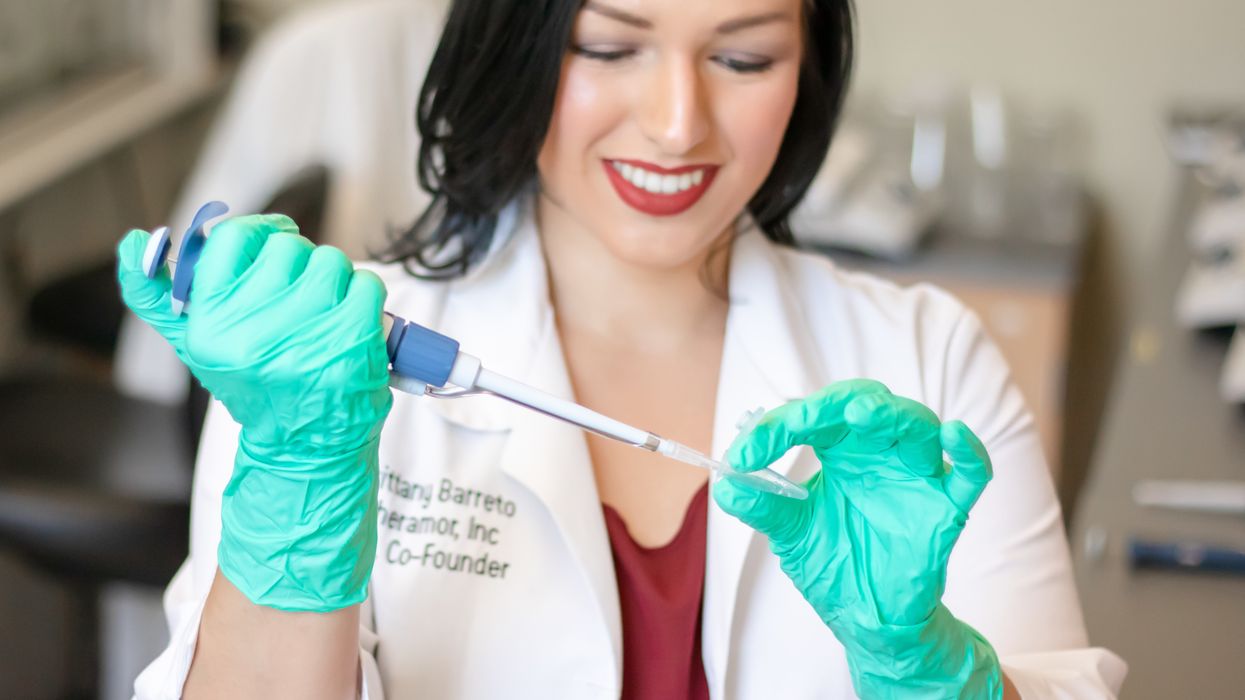Baylor center receives $10M NIH grant to continue rare disease research
NIH funding
Baylor College of Medicine’s Center for Precision Medicine Models received a $10 million, five-year grant from the National Institutes of Health last month that will allow it to continue its work studying rare genetic diseases.
The Center for Precision Medicine Models creates customized cell, fly and mouse models that mimic specific genetic variations found in patients, helping scientists to better understand how genetic changes cause disease and explore potential treatments.
The center was originally funded by an NIH grant, and its models have contributed to the discovery of several new rare disease genes and new symptoms caused by known disease genes. It hosts an online portal that allows physicians, families and advocacy groups to nominate genetic variants or rare diseases that need further investigation or new treatments.
Since its founding in 2020, it has received 156 disease/variant nominations, accepted 63 for modeling and produced more than 200 precision models, according to Baylor.
The center plans to use the latest round of funding to bring together more experts in rare disease research, animal modeling and bioinformatics, and to expand its focus and model more complex diseases.
Dr. Jason Heaney, associate professor in the Department of Molecular and Human Genetics at BCM, serves as the lead principal investigator of the center.
“The Department of Molecular and Human Genetics is uniquely equipped to bring together the diverse expertise needed to connect clinical human genetics, animal research and advanced bioinformatics tools,” Heaney added in the release. “This integration allows us to drive personalized medicine forward using precision animal models and to turn those discoveries into better care for patients.”
- UH receives $1M grant to advance research on rare pediatric disorder ›
- Houston hospital performs first fully robotic heart transplant in the U.S. ›
- UH, Baylor researchers make breakthrough with new pediatric leukemia treatment device ›
- Baylor, Rice win $500,000 to launch humanities-driven health AI center ›
- Baylor College of Medicine names Dr. Jakub Tolar as new president, CEO - InnovationMap ›



